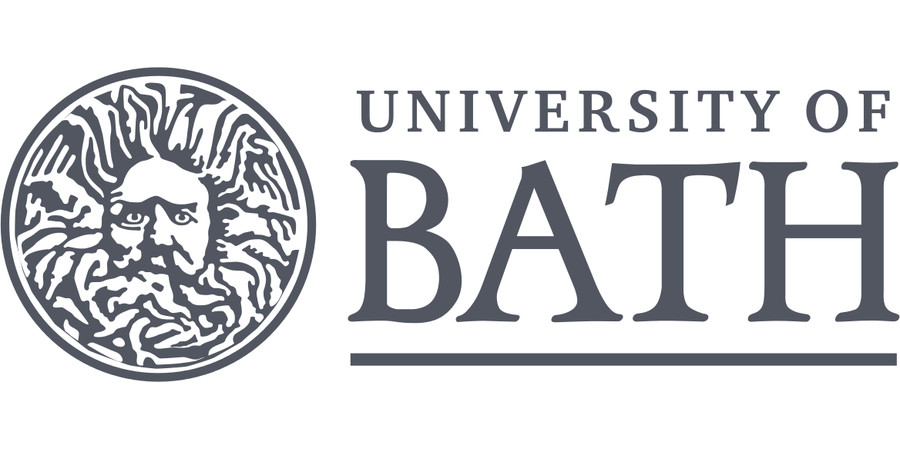PhD Studentship: Do I have DLD? Validation and application of a short screening tool to identify undiagnosed Developmental Language Disorder in adults.
University of Bath - Psychology
| Qualification Type: | PhD |
|---|---|
| Location: | Bath |
| Funding for: | UK Students, EU Students, International Students |
| Funding amount: | £19,237 per annum |
| Hours: | Full Time |
| Placed On: | 24th September 2024 |
|---|---|
| Closes: | 15th December 2024 |
This project is being advertised as one that is in competition for a fully funded studentship. The successful candidate would work with the proposed supervisor to put forward an application to the ESRC South-West Doctoral Training Partnership.
Developmental Language Disorder (DLD) is a very common neurodevelopmental disorder, affecting about 7.6% of the population. It is characterised by difficulties learning, understanding and/or using language that has a functional impact on everyday life. DLD starts in childhood but is lifelong neurodivergent condition. DLD is less well understood and recognised than other neurodevelopmental disorders, such as autism and ADHD. DLD is also a hidden disorder, which often leads to children’s DLD status being missed with more obvious behavioural issues often being the primary focus of attention. This PhD will help validate a new screening tool to identify DLD in adulthood and will seek to identify adults with undiagnosed DLD within an applied context of the applicant’s choosing.
This PhD’s first aim will be to finalise the validation of a screening tool to identify probable cases of undiagnosed DLD in adulthood. The second aim is to identify the scale of undiagnosed adults in an applied context while also identifying their different needs and strengths, to help facilitate engagement in reasonable adjustments. The student will have scope for deciding which applied context to focus on for the majority of the PhD research. Possible areas that previous research indicates identification of DLD would have a clear benefit include the mental health support system (e.g., CAMHS/AMHS), care leavers, and the justice system. Additional contexts where the screening tool could have a substantial impact is within the primary healthcare system, workplaces and further education
It is anticipated that this PhD will lead to public engagement opportunities and potential creation and distribution of public policy support and guidance documents, in addition to several peer reviewed publications. Clinical academics with a background in Speech and Language Therapy are particularly encouraged to apply.
The student will be embedded with the Engage with Developmental Language Disorder project (www.engage-dld.com) team, as this screening tool has emerged from this project
If interested, please contact Michelle St Clair (m.c.st.clair@bath.ac.uk ) for more information.
Advert information
Type / Role:
Subject Area(s):
Location(s):









